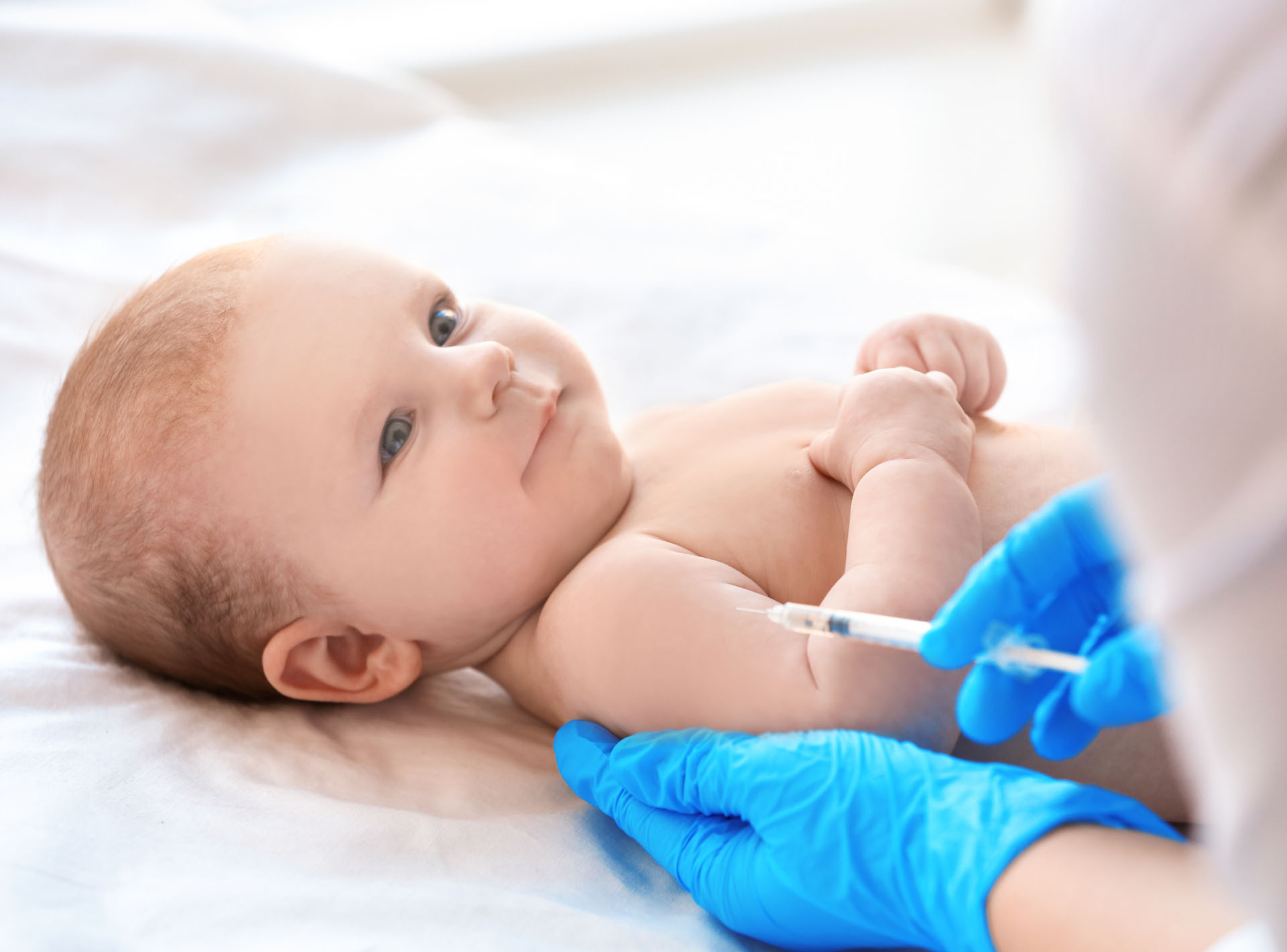Protecting Our Children: The Truth About Vaccination Every Parent Should Know
Becoming a parent is one of life’s most beautiful—and most challenging—journeys. From the first heartbeat on the ultrasound to those tiny, clutching fingers, every moment is filled with wonder. But alongside the joy comes a deep sense of responsibility: to keep this little person safe, healthy, and thriving.
One of the most important steps you can take? Vaccinating your child.
Despite debates, confusion, and a flood of opinions online, the science is clear: vaccines save lives. But beyond the facts, this is a story about community, trust, and the quiet power of prevention.
What Are Vaccines, Really?
Let’s start with the basics.
Vaccines are not magic potions. They’re carefully developed tools that train your child’s immune system to recognize and fight serious diseases—without exposing them to the risks of getting sick.
Think of it this way: if your child’s immune system were an army, vaccines are like intelligence briefings before the battle. They prepare the body in advance, so if the real enemy shows up (like measles or polio), the body knows exactly how to respond.
Why Start So Early?
You might wonder why babies receive vaccines so soon after birth. The answer is simple: young children are the most vulnerable.
Newborns and infants haven’t had time to build strong immune defenses. Diseases that an adult might shake off can hit a child’s body like a freight train. Vaccines offer early protection at a time when they need it the most.
Take hepatitis B, for example. This infection can be passed from mother to baby during childbirth. That’s why the first dose is given within 24 hours of birth—it’s protection from day one.
The Core Childhood Vaccines
Here’s a quick snapshot of vaccines recommended for children under 5:
- BCG – protects against tuberculosis
- Hepatitis B – liver infection, can lead to cancer later in life
- Polio (IPV/OPV) – once a global epidemic; now near-eradicated thanks to vaccines
- DTP (Diphtheria, Tetanus, Pertussis) – covers three deadly bacterial infections
- Hib – prevents meningitis and pneumonia
- MMR (Measles, Mumps, Rubella) – all three can cause severe complications
- PCV (Pneumococcal Vaccine) – guards against bacterial pneumonia and sepsis
- Rotavirus – common cause of severe diarrhea in infants
Most countries have an immunization schedule, and following it ensures protection is timed right, based on how a child’s immune system develops.
The Other Side: What About Side Effects?
It’s natural to be cautious. After all, you’re not just a parent—you’re a protector.
Yes, like any medical treatment, vaccines can cause side effects. But the vast majority are mild and temporary: a little fever, fussiness, a sore arm. That’s your child’s immune system doing its job.
Severe reactions? They’re extremely rare—less than one in a million for most vaccines. Compare that to the risks of the diseases themselves: brain damage from measles, paralysis from polio, death from diphtheria.
Choosing not to vaccinate doesn’t mean avoiding risk. It means accepting a much greater one.
Herd Immunity: We’re All in This Together
Vaccinating your child isn’t just about protecting them—it’s about protecting everyone.
Some children can’t be vaccinated due to medical conditions. Others might not respond to a vaccine fully. That’s where herd immunity comes in: when enough people are immunized, diseases have nowhere to spread. It’s a shield that protects the whole community—especially the most vulnerable.
In that way, choosing to vaccinate is a quiet act of love not just for your own child, but for every child around them.
Real-Life Impact: A World Transformed
Not long ago, families lived in fear of diseases like polio, smallpox, and measles. Parents lost children—sometimes multiple in a lifetime—to infections that are now almost forgotten.
Thanks to vaccines:
- Smallpox has been eradicated globally.
- Polio is on the brink of extinction.
- Measles deaths have dropped by 80% since the early 2000s.
This is one of the greatest achievements in human history—and it’s ongoing.
Frequently Asked Questions
Q: Can vaccines overload my baby’s immune system?
No. Babies are exposed to thousands of germs every day through breathing, eating, and touching. The amount of antigens in vaccines is tiny by comparison.
Q: Are vaccines linked to autism?
No. Decades of research involving millions of children show no link between vaccines and autism. The original study that claimed otherwise has been thoroughly discredited.
Q: Do we still need vaccines if these diseases are rare?
Yes. Diseases can come back quickly if vaccination rates drop. We’ve seen outbreaks of measles in countries where parents skipped vaccines.
Final Thoughts: Trust, Love, and Science
Being a parent means making hard choices. But it also means trusting evidence, listening to your instincts, and doing what’s best—even when it’s uncomfortable.
Vaccines aren’t just shots. They’re a promise. A promise that your child has the best chance to grow up healthy, strong, and free from diseases that once changed the course of families and history.
So when you hold your child’s hand during a vaccination visit, know this: you’re not just protecting their present—you’re investing in their future.
This blog is intended for informational purposes only and should not replace medical advice. Always consult with your child’s pediatrician regarding vaccinations and health decisions.


